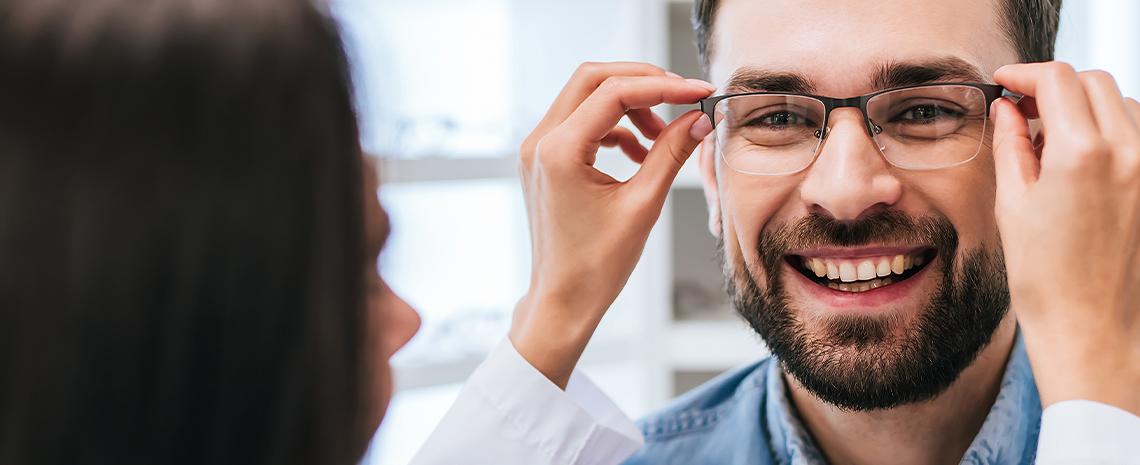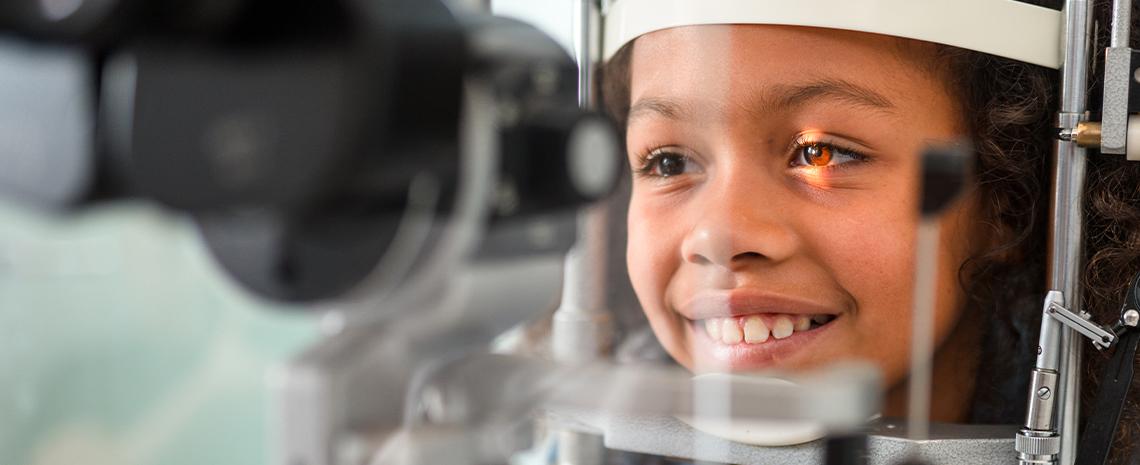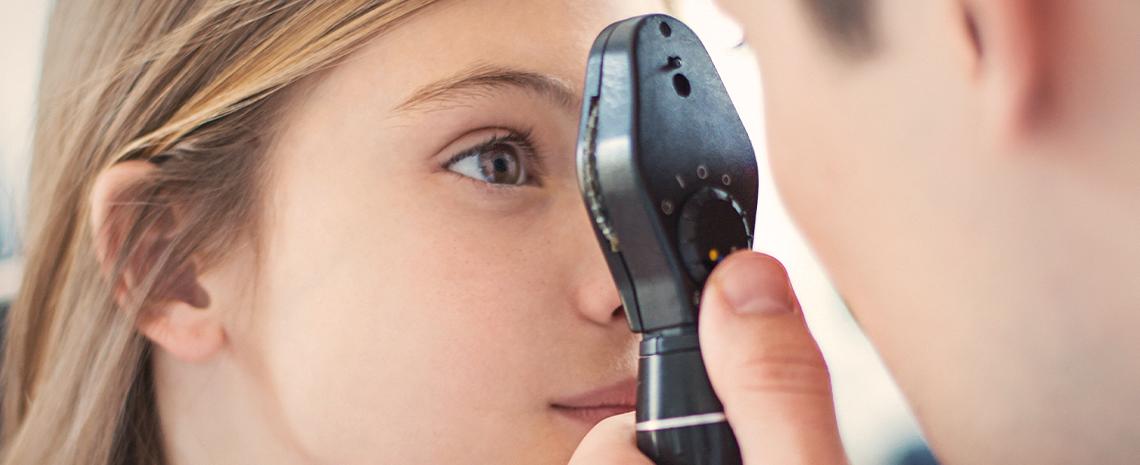South Dakota Leaders in Eye Health and Vision Careers
We’re better together. Expand your knowledge, advance your career and build your practice with the support of the American Optometric Association. Learn more about our programs and our mission.
Who We Are
The South Dakota Optometric Society is the professional organization of optometrists in South Dakota. Membership is open to all optometrists licensed to practice in South Dakota.
What We Do
We represent members and provide resources and information to all South Dakota citizens.
Contact Us
South Dakota Optometric Society
PO Box 1173, Pierre, SD 57501
Eye Health Information
Get expert eye health and vision information from America's primary health care providers, doctors of optometry. From healthy screen habits to resources for common eye ailments, we'll help you see the full picture.
What's a Doctor of Optometry?
Doctors of optometry are primary eye health care providers who examine, diagnose, treat and manage diseases and disorders of the eye, and also play a major role in maintaining the overall health and well-being of their patients. Make your health a priority by scheduling an appointment with a local AOA doctor today!
Find a DoctorSDOS Information 2024 Continuing Education
2025 Spring Convention April 10-11 Canopy by Hilton, Sioux Falls
OD and Assistant Registration and Agenda
Exhibitor Registration is now closed! Thank you.
Sponsor Registration is now closed! Thank you.
2025 Fall Conference September 11-12 Holiday Inn Rapid City Downtown
Thank you to 2025 Gold Sponsor
New Content
New Content
Become an InfantSEE Provider!
InfantSEE, a public health program, is designed to ensure that eye and vision care becomes an integral part of infant wellness care to improve a child's quality of life. Under this program, AOA member optometrists provide a no-cost comprehensive eye and vision assessment for infants 6-12 months old regardless of a family's income or access to insurance coverage.
InfantSEE providers are making an impact across the country. Since the inception of the program in 2005 over 165,000 infants have benefited from the program. Of those reported, 9% were discovered to have ocular concerns that required follow up care. As you know, this early detection is critical for successful treatment and prevention of developmental delays.
We invite you to become an InfantSEE Provider and join us in ensuring babies have the opportunity to develop the visual abilities they need to grow and learn.




